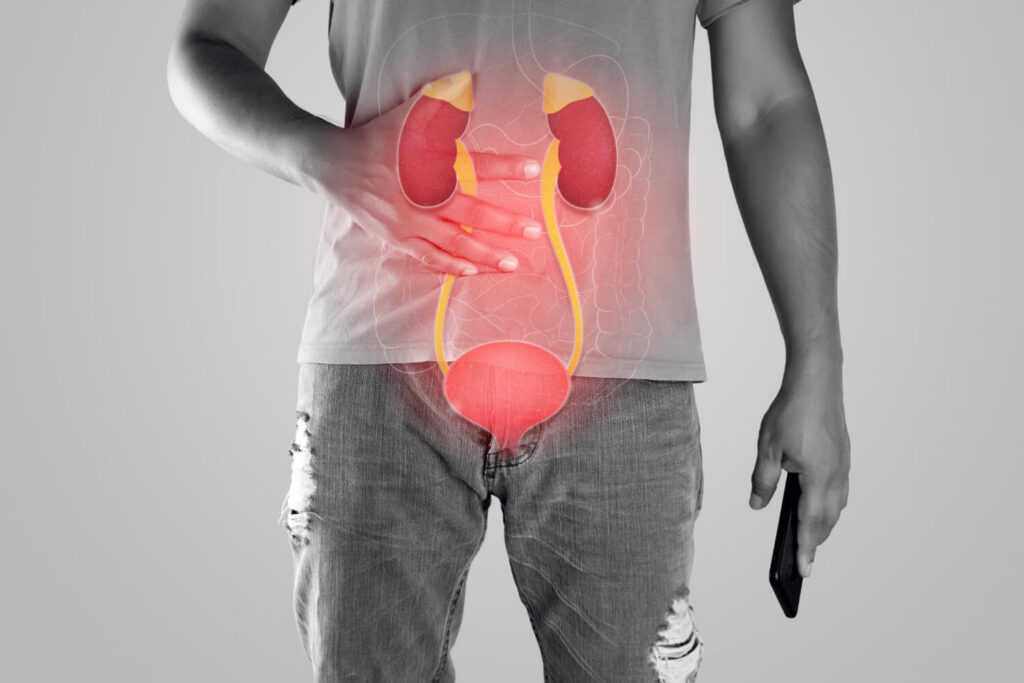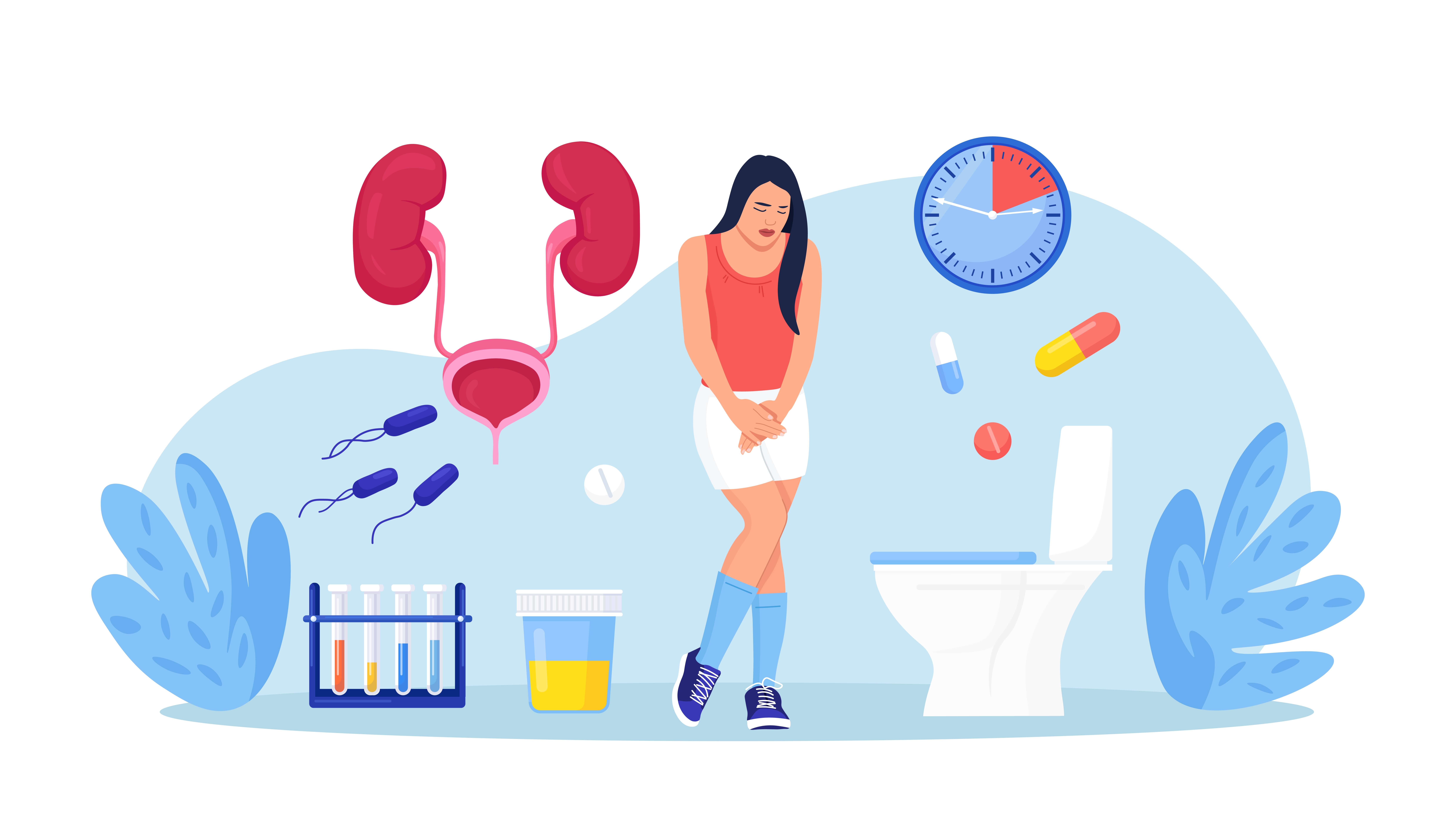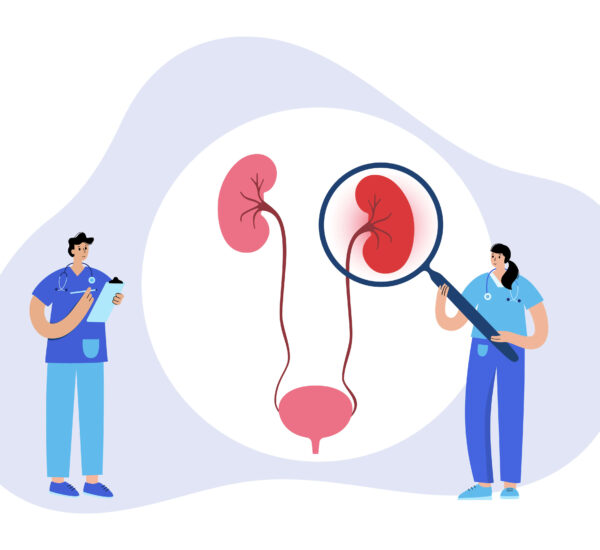Recurrent UTI or Urinary Tract Infection can be quite frustrating and debilitating. The constant cycle of infection and treatment can leave individuals feeling drained and desperate for a solution. In this article, we will explore strategies to break the cycle and prevent frequent infections.
Understanding Recurrent UTI

Urinary Tract Infection (UTI) is a common medical condition that occur when bacteria enter the urethra and make their way up to the bladder or even to the kidneys. While most UTIs are uncomplicated and can be easily treated with antibiotics, some individuals experience recurrent infections. Recurrent UTI is defined as having frequent infections, typically three or more within a year.
Factors Contributing to Recurrent UTI

When recurrent UTI happen, the bacteria responsible for the initial infection may not have been entirely eliminated from the urinary system, leading to frequent infections. There are several factors that can contribute to the development of recurrent UTI.
Anatomical abnormalities: An abnormally narrow urethra or the presence of kidney stones, can create an environment that is more susceptible to bacterial growth.
Hormonal changes: May occur during menopause, which can lead to a decrease in estrogen levels Thus, affecting the health of the urinary tract.
Weakened immune system: Whether due to a medical condition or certain medications, it can also make individuals more prone to recurrent UTI.
These are just some of the factors that affect the patient’s urinary tract health. Each of them is a sign of risk that can result in recurrence of the infection. It would be best to understand and take note of each to achieve overall wellness.
Symptoms of Recurrent UTI
Recognizing the symptoms of recurrent UTI is essential for early diagnosis and treatment. The symptoms may include the following:
- frequent urge to urinate
- burning sensation during urination
- cloudy or bloody urine
- lower abdominal pain.
It is important to note that some individuals may experience atypical symptoms or may not experience any symptoms at all. Consulting with a healthcare professional is crucial for an accurate diagnosis .
The Impact of Recurrent UTI on Quality of Life

The recurrence of this illness can have a significant impact on various aspects of an individual’s life. With the bacteria entering the urinary tract, it can cause physical discomfort and pain. Thus, leading to a decline in overall physical health.
Moreover, the emotional and psychological effects of recurrent UTI should not be overlooked. The constant worry and anxiety surrounding the possibility of another infection can take a toll on one’s mental well-being. The fear of experiencing the painful symptoms again and the uncertainty of when the next UTI might occur can lead to heightened stress levels and a decreased sense of control over one’s own body.
These are just some of the few scenarios that can affect someone’s quality of life. Let’s dive deeper by recognizing the other aspects below!
Physical Health Consequences
The repeated episodes of infection can lead to chronic inflammation in the urinary tract, increasing the risk of bladder and kidney damage. This chronic inflammation can cause scarring and narrowing of the urinary tract, leading to long-term complications, such as kidney stones and urinary incontinence.
Kidney stones, which are hard deposits of minerals and salts that form in the kidneys, can cause severe pain and may require medical intervention to remove. Meanwhile, urinary incontinence is a condition involving involuntary leakage of urine. It can significantly impact an individual’s quality of life, causing embarrassment and limiting their ability to engage in social activities.
Therefore, it is crucial to address recurrent UTI promptly to minimize the risk of these physical health consequences. Seek medical attention at the first signs of UTI to help prevent the infection from spreading and causing further damage.
Emotional and Psychological Effects
Living with the fear of recurrent UTI can be emotionally and psychologically draining. The constant worry, anxiety, and frustration can lead to decreased quality of life, affecting overall mental well-being. The fear of experiencing the painful symptoms again can cause individuals to avoid certain activities or situations that they associate with UTI, leading to social isolation and a decreased sense of enjoyment in life.
Seeking support from healthcare professionals and loved ones can help alleviate these emotional burdens. Healthcare professionals may provide guidance on preventive measures to reduce the risk of recurrent UTI. Thus, helping individuals cope with the anxiety and stress associated with living with recurrence.
Diagnosing Recurrent UTI

During a medical evaluation, a healthcare professional will take a detailed medical history, perform a physical examination, and may order diagnostic tests such as urine cultures and imaging studies. Urine cultures can identify the specific bacteria causing the infection and help guide appropriate antibiotic treatment. Imaging studies, such as ultrasound or CT scans, may be ordered to evaluate the urinary tract for any structural abnormalities.
With a proper diagnosis, individuals with can work with their healthcare provider to develop a personalized treatment plan. Treatment options may include a longer course of antibiotics, changes in lifestyle habits, and preventive measures such as taking low-dose antibiotics or using topical estrogen therapy for postmenopausal women. It is important to follow the recommended treatment plan and to communicate any changes in symptoms or concerns to the healthcare provider.
Medical Treatments for Recurrent UTI
While there are various treatment options available, medical intervention is often necessary to effectively manage and prevent these recurrent infections. Check out the possible treatment plan for the patient with recurring UTI.
Antibiotics for UTI
Antibiotics are the primary treatment for UTI, including recurrent infections. These medications work by targeting and eliminating the bacteria causing the infection. However, due to the increasing concern of antibiotic resistance, it is essential to use them judiciously and under the guidance of a healthcare professional.
The choice of antibiotics may vary depending on the type of bacteria causing the infection. Healthcare professionals may perform a urine culture to identify the specific bacteria and determine the most effective antibiotic. The duration of antibiotic treatment may also vary depending on the severity of the infection and the frequency of recurrence.
This treatment may still vary, depending on the current status of the patient. It would be best to schedule a consultation with the doctor initially to receive the best treatment plan for you.
Surgical Interventions
In certain cases, surgical interventions may be recommended to address anatomical abnormalities or underlying conditions contributing to recurrent UTI. These interventions aim to correct structural issues that may hinder the normal flow of urine or create a favorable environment for bacterial growth.
One surgical procedure that may be considered is urethral dilation, which involves gently stretching the urethra to widen it and improve urine flow. This can be beneficial for individuals with urethral strictures or narrow passages.
In more severe cases, bladder augmentation may be necessary. This surgical procedure involves enlarging the bladder using a segment of the intestine or synthetic material. By increasing the bladder’s capacity, this procedure can reduce the frequency of UTI and improve overall urinary function.
In rare instances where there is a urinary tract obstruction, surgical removal of the obstruction may be required. This can involve the removal of kidney stones, tumors, or other blockages that contribute to recurrent UTI.
It is important to note that surgical interventions are typically considered after other treatment options have been explored and if there is a clear indication for their use. A thorough evaluation by a specialist is necessary to determine the need for surgical intervention and the most appropriate approach.
Conclusion
Recurrent UTI is a challenging condition to manage, but with proper understanding, individuals can take steps to prevent future infections and improve their quality of life. Consult with a healthcare for an accurate diagnosis and to develop an effective treatment plan tailored to the individual’s needs.



